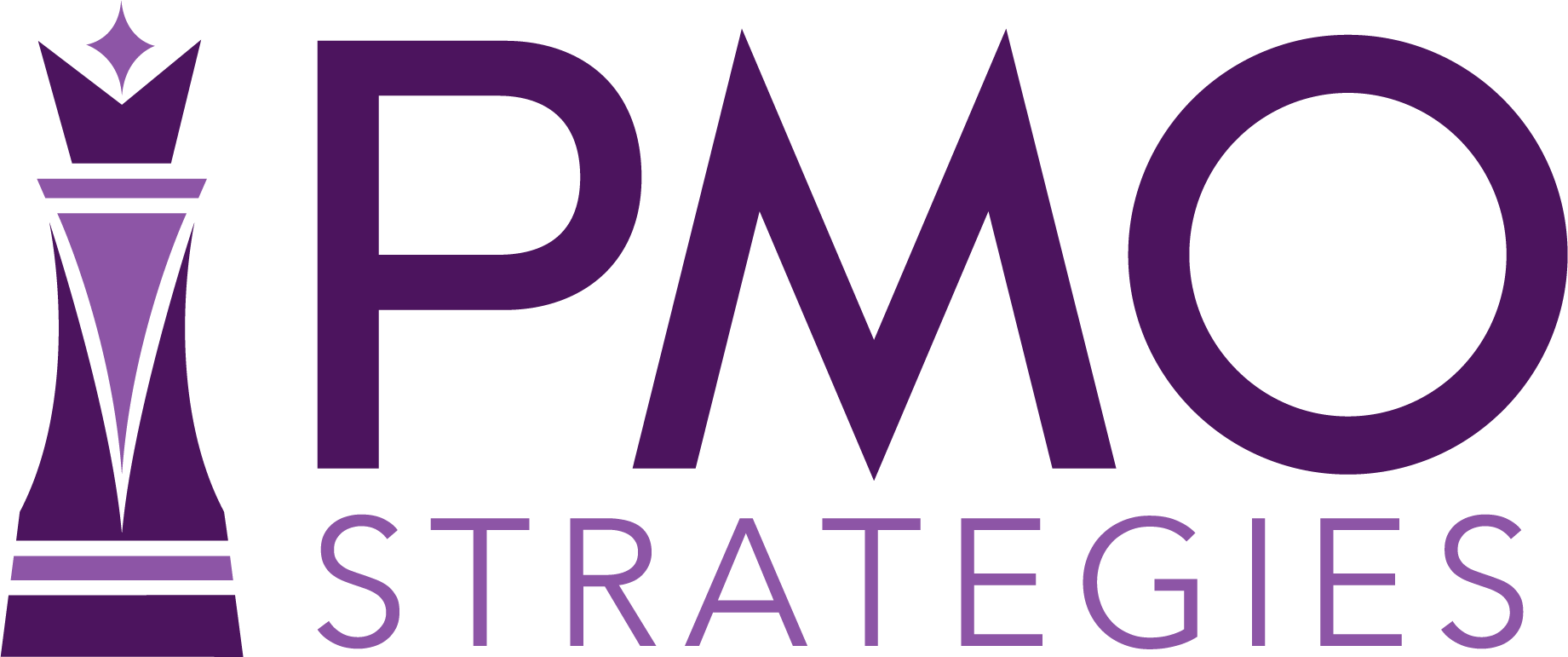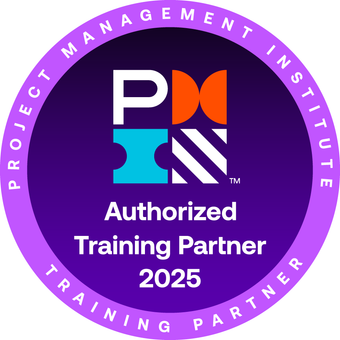-

The Investment PMO Mindset Interview
In this interview, Steve and Laura have a lively conversation about the mindset shifts that PMO leaders must undertake to ensure that they are laser-focused on the ways the PMO can deliver business value.The Investment PMO: Measuring and Increasing Project Business Value ROI
ALL projects are investments, even though they are rarely defined or managed as such. Money, resources and time are invested because the value expected from the deliverable will ultimately be greater than the cost. Yet that expected value (ROI, NPV, profit) which is the prime metric of ALL OTHER investments, is usually not even estimated on projects.This presentation explains how a PMO can both augment and measure the value of both its portfolio and itself by (1) defining projects as investments; (2) mandating and tracking the simple metrics that quantify scope, cost and time; and (3) assisting teams in utilizing value-based techniques such as critical path drag to optimize project and portfolio value. -
 While it may be the polite thing to do, apologizing—especially over-apologizing—can diminish our credibility. This conversation with Laura gets at the core of being overly apologetic and provides tips to avoid weakening your messaging and your professional reputation. During the session, participants will: 1. Review trends on why women apologize more than men
While it may be the polite thing to do, apologizing—especially over-apologizing—can diminish our credibility. This conversation with Laura gets at the core of being overly apologetic and provides tips to avoid weakening your messaging and your professional reputation. During the session, participants will: 1. Review trends on why women apologize more than men
2. Discuss when an apology is appropriate
3. Consider the five ways to break the “sorry syndrome” -
 Generally speaking, there are two domains of organizational change and business agility projects; formal and informal. The formal domain of these projects consists of the projects that are undertaken by as a result of strategic planning. The informal domain of these projects consists of spontaneous supporting projects that are undertaken throughout the organization in response to the change. Naturally, PMOs must first address the formal domain of organizational change and business agility projects with careful adoption of industry standards, principles, and practices. But that’s not all they can do; they can next consider how best to address the informal domain of projects. Toward that aim, the PMO does not seek to own these informal projects or compel how they are to be managed. Rather, the PMO nudges. This presentation introduces Behavior Economics Nudge Theory and the emerging role and new opportunity Business Driven PMOs face.
Generally speaking, there are two domains of organizational change and business agility projects; formal and informal. The formal domain of these projects consists of the projects that are undertaken by as a result of strategic planning. The informal domain of these projects consists of spontaneous supporting projects that are undertaken throughout the organization in response to the change. Naturally, PMOs must first address the formal domain of organizational change and business agility projects with careful adoption of industry standards, principles, and practices. But that’s not all they can do; they can next consider how best to address the informal domain of projects. Toward that aim, the PMO does not seek to own these informal projects or compel how they are to be managed. Rather, the PMO nudges. This presentation introduces Behavior Economics Nudge Theory and the emerging role and new opportunity Business Driven PMOs face.


